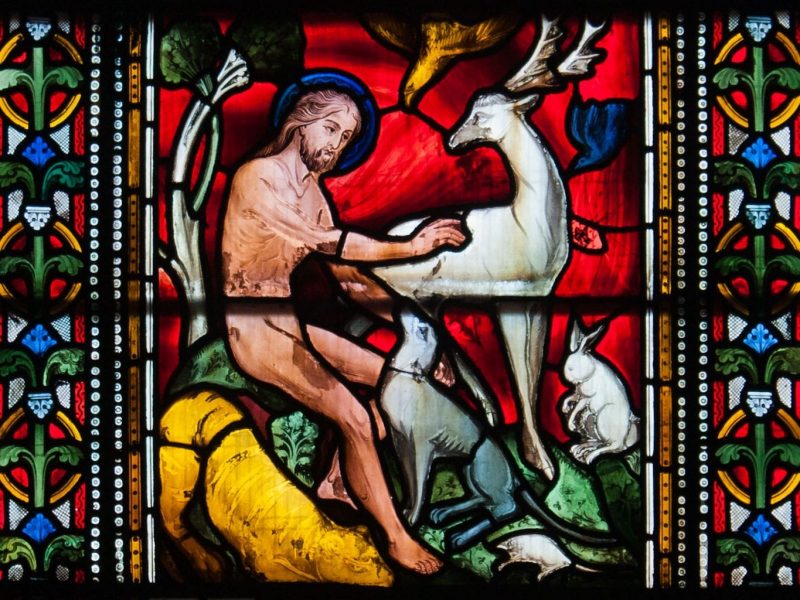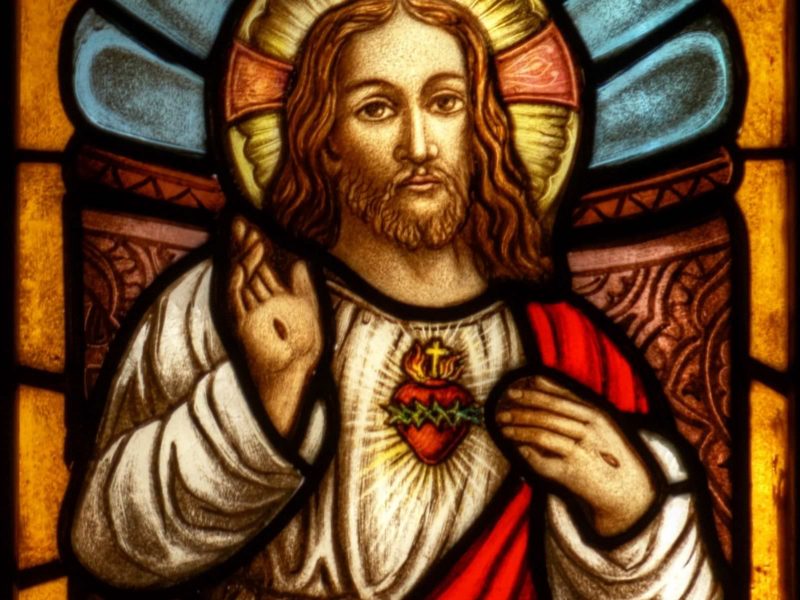Saul of Tarsus – From Sour Grapes to Fruit of the Spirit
Saul of Tarsus the Pharisee to Paul, the apostle - both life and fruit were transformed. The story tells us where the bitter fruit of egoism and violence comes from, and how can it be changed into the fruit of the Spirit....












